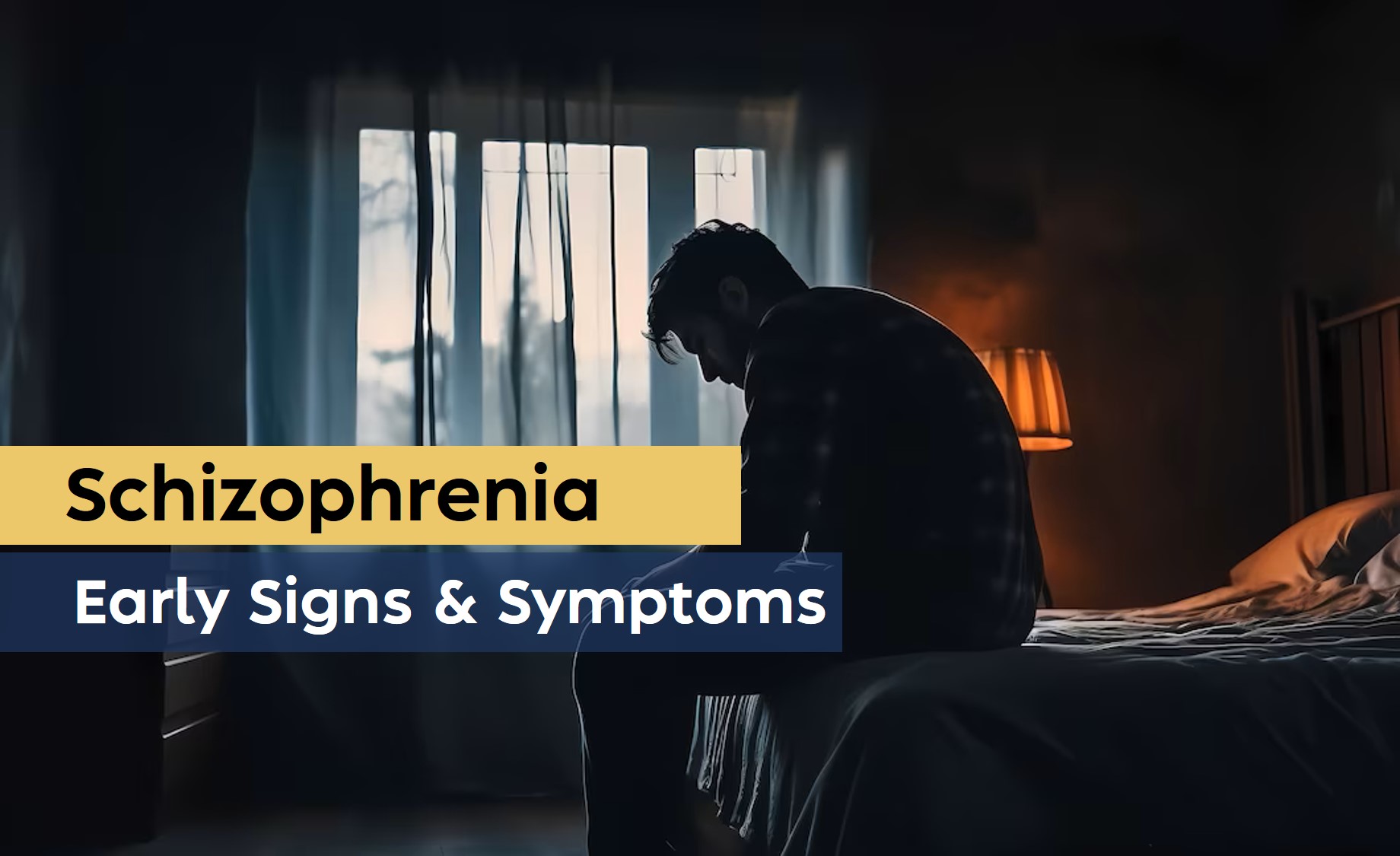Schizophrenia is the prototype psychiatric illness. It is the most feared due to its incorrect media and folklore portrayal.
Schizophrenia refers to a split between thinking and behaviour. Over the past few decades there has been a considerable change in the way we define it.
Schizophrenia is defined as a disorder of reality orientation.
What this means, is that, patients with schizophrenia have an altered perception of reality. For them what’s real is different from what’s really real.
Their reality is actually a story made up in their mind, which combines randoms facts and fantasies. This is complex and interwoven with multiple details. Patients with schizophrenia tend to strongly believe in their version of reality and act accordingly.
This is what creates the most significant problems for the caregivers and the primary treating doctors.
Age of Onset
First Peak: between the ages of 15-30 years
Second Peak: Between the ages of 40-50 years
Early signs of schizophrenia
Schizophrenia, initially presents in a different way as compared to when it is fully developed.
The initial stage of schizophrenia is known as “Prodrome.”
Prodrome symptoms include:
- Confusion
- Decreased communication
- Occasional irrelevant talking
- Sadness of mood and disinterest in surroundings
Prodromal stage follows a rule of 1/3:
- 1/3 patients: Progress from Prodrome and develop full blown Schizophrenia
- 1/3 patients: Go back to being normal, without any intervention
- 1/3 patients: Remain in prodrome for life.
Thus, schizophrenia in its early stages, has a very different symptom profile that its later stages.
Often due to overlapping symptoms, this prodromal stage of schizophrenia is misdiagnosed as depression or anxiety.
The key point to note here is:
If there is history of schizophrenia in the family, even in distant relatives, these prodromal symptoms should not be overlooked and one must consult a psychiatrist immediately for further evaluation and treatment.
Source/s: Banner Image by Freepik.com


